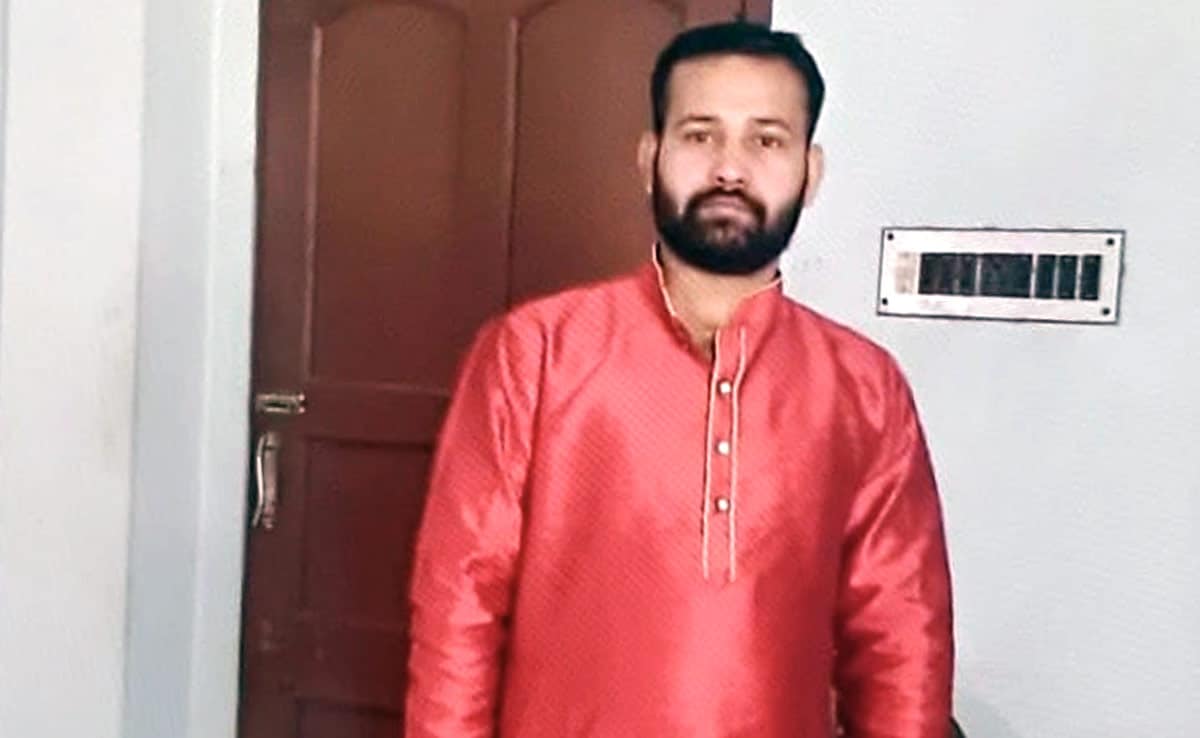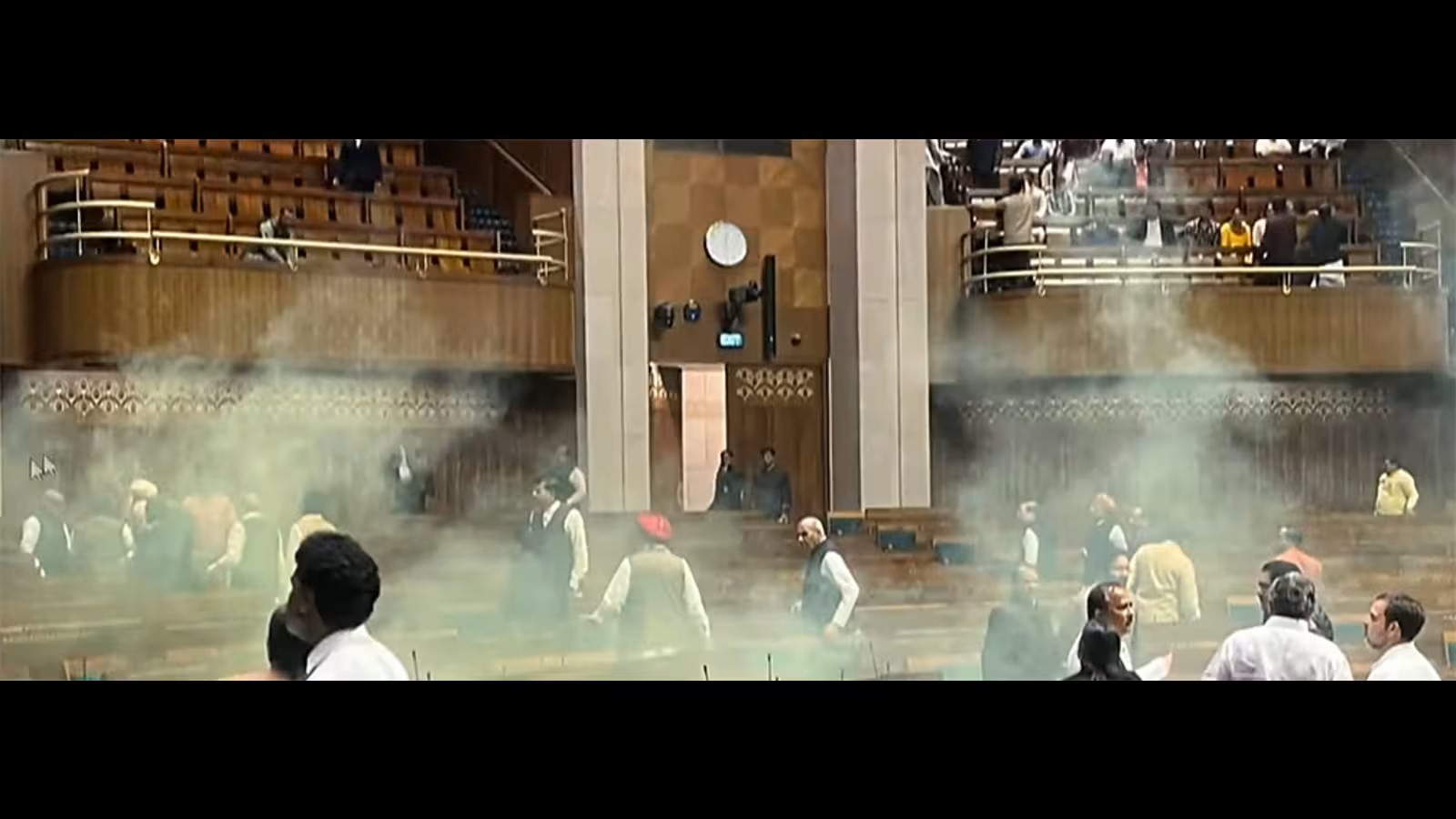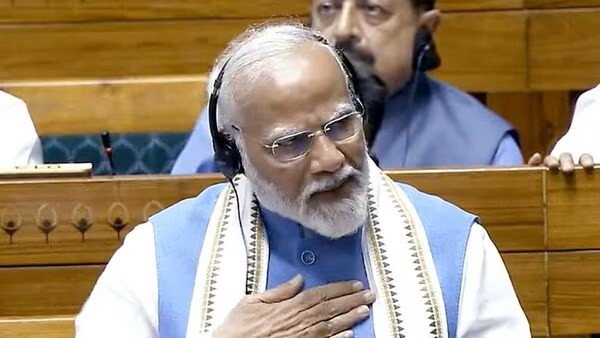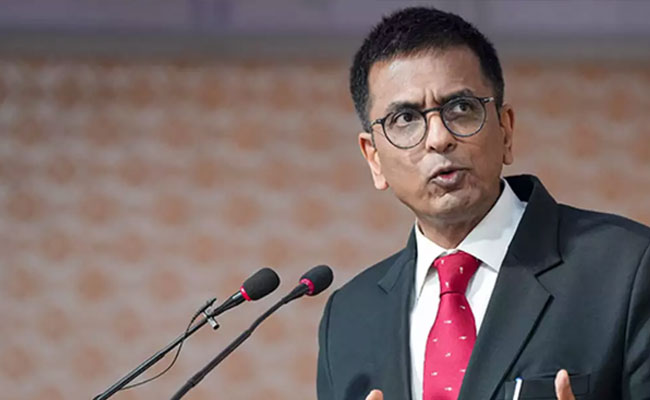Lalit Jha from Gurgaon is suspected as the mastermind behind the Parliament smoke incident, Delhi Police sources revealed. Preliminary inquiries suggest he deliberately chose December 13, the 22nd anniversary of the 2001 Parliament attack, for maximum impact.
Jha, a Kolkata teacher inspired by Bhagat Singh, reportedly aimed to grab national attention. While preliminary findings rule out connections to known terrorist groups, a larger conspiracy behind the Wednesday attack is suspected.
Two men, Sagar Sharma and D Manoranjan, entered the Lok Sabha with passes facilitated by BJP MP Pratap Simha’s office. Simha denies personal involvement, attributing the pass request to his duties.
Outside Parliament, a man and woman, Amol and Neelam, along with Vicky Sharma, also participated in the smoke demonstration. All six initially planned to enter together, but only Sharma and Manoranjan gained access.
Unable to join them, Jha filmed the incident outside and shared it on social media and with a Kolkata NGO founder for wider media reach. Though unaware of Jha’s plan, the NGO is now under investigation.
Before fleeing, Jha snatched his companions’ phones, potentially containing crucial evidence. All others involved – Sharma, Manoranjan, Neelam, Amol, and Vicky – have been arrested. Their motives revolved around issues like unemployment and Manipur’s caste violence, hoping to spark MP attention and debate.
Following this breach, Parliament security upgrades are planned, including body scanners and revised security rules.
A Wake-Up Call for Security: Strengthening Parliament’s Defenses
The Parliament breach has exposed vulnerabilities in security protocols, prompting immediate action. Plans are underway for significant upgrades, including the installation of body scanners, stricter visitor pass procedures, enhanced entry point security, and improved internal surveillance.
The smoke may have cleared, but the questions surrounding Jha’s motives and the potential for future breaches linger. This incident serves as a stark reminder of the need for constant vigilance and robust security measures to safeguard the sanctity of India’s democratic heart.




